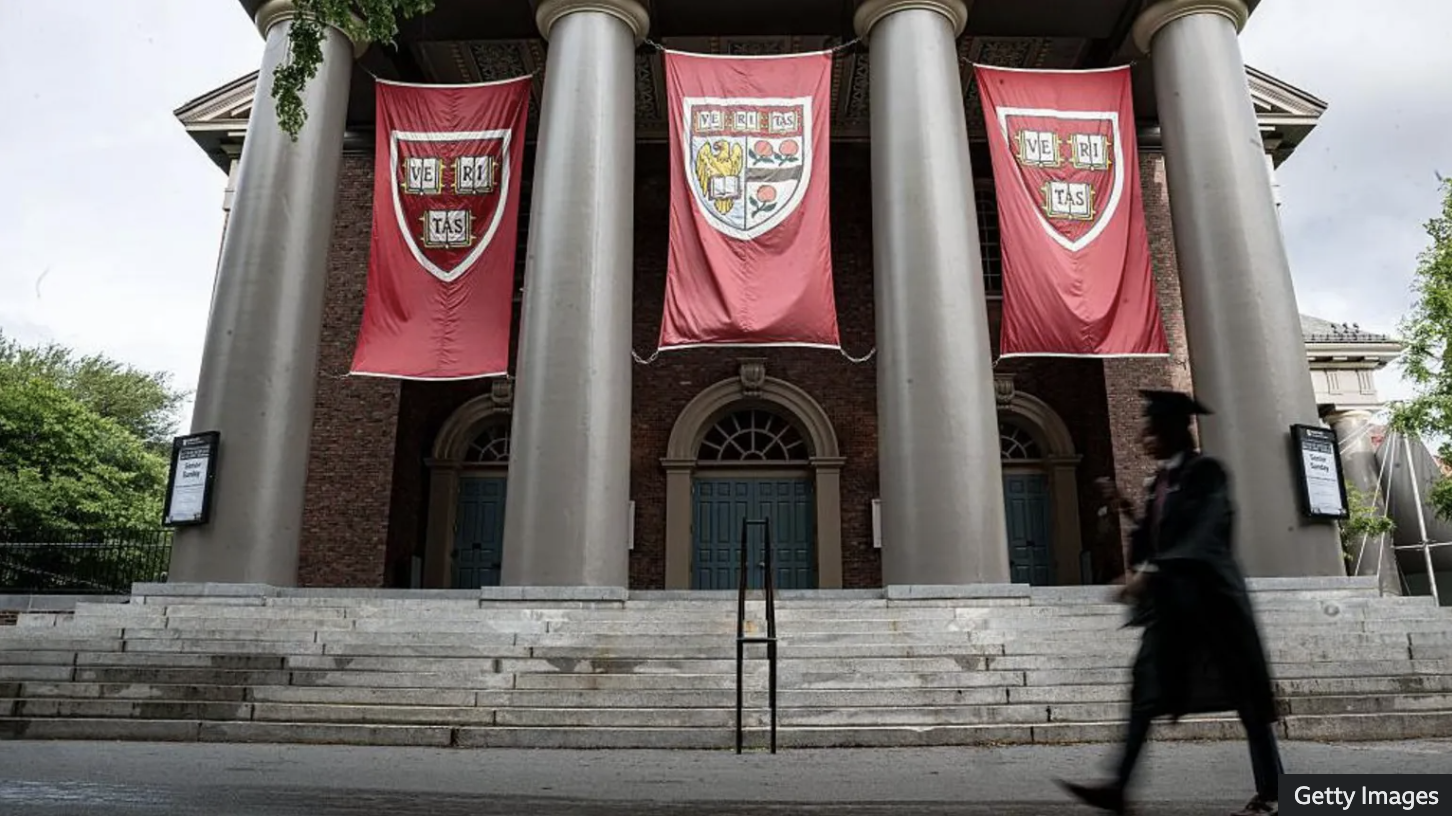Harvard in Focus: Funding, Research, and Real Impact
If you’re hoping to apply to Harvard—or any top research university—you’ve probably imagined the opportunities: working with world-class professors, contributing to groundbreaking discoveries, learning from people who are pushing knowledge forward.
But recently, the U.S. government announced it is reviewing about $100 million in federal contracts with Harvard University, raising questions about how ongoing research is funded—and what that could mean for students on campus now and in the years ahead.
This isn’t something to panic over. But it is something worth understanding.
What’s happening?
The General Services Administration (GSA) has asked federal agencies to take a closer look at contracts they have with Harvard. These contracts help fund research across a wide range of fields—such as medicine, aging, and infectious diseases.
Harvard has publicly stated that much of its “cutting-edge medical, scientific, and technological research” is supported by federal grants—and that without this funding, important projects could come to a halt midstream.
While no decisions have been finalized, the review marks a serious moment for one of the country’s leading research institutions.
How this connects to students like you
This might sound like something that only affects professors—but that’s not the full picture.
At schools like Harvard, graduate students play a major role in the learning and research environment. They often:
Work in labs supported by federal funding
Lead research teams
Teach sections and mentor undergraduates
So when funding is reviewed or reduced, it doesn’t just affect faculty—it can directly change the student experience.
In a recent BBC article, Ivy Link founder and Harvard alumnus Adam Nguyen shared this perspective:
“If you have the cuts, [graduate students] are out of a job. It’s as simple as that… You’re talking about cuts, lay-offs, and immediate stop-work orders for many graduate students.”
This isn’t theoretical. The Sinclair Lab at Harvard Medical School, which studies aging, recently lost a federal NIH grant, and one of its researchers lost a long-term grant to study age reversal. The lab was also affected by federal actions involving international researchers—impacting six members of the team.
What you should take away from this
Harvard is still one of the world’s leading institutions. But this moment is a reminder that even the most prestigious schools are shaped by more than reputation—they’re shaped by funding, policy, and people.
If you're applying to college in the next year or two, keep this in mind:
Look beyond the name. Ask what supports the opportunities you’re excited about—whether that’s research, mentorship, or global learning.
Understand how universities work. What happens at the funding and policy level often shapes what students experience on the ground.
Plan wisely. Big headlines come and go, but a thoughtful approach to your college strategy always pays off.
At Ivy Link, we help students think beyond admissions. We guide you through the full picture of what elite colleges offer—and how to make choices that reflect your goals and the world you’re stepping into. We’ve supported families through every kind of admissions season, from smooth paths to fast-changing landscapes like this one, bringing clarity, calm, and strategy to each step.
Make sure every move forward is informed, intentional, and built for your future. Connect with our advising team.


